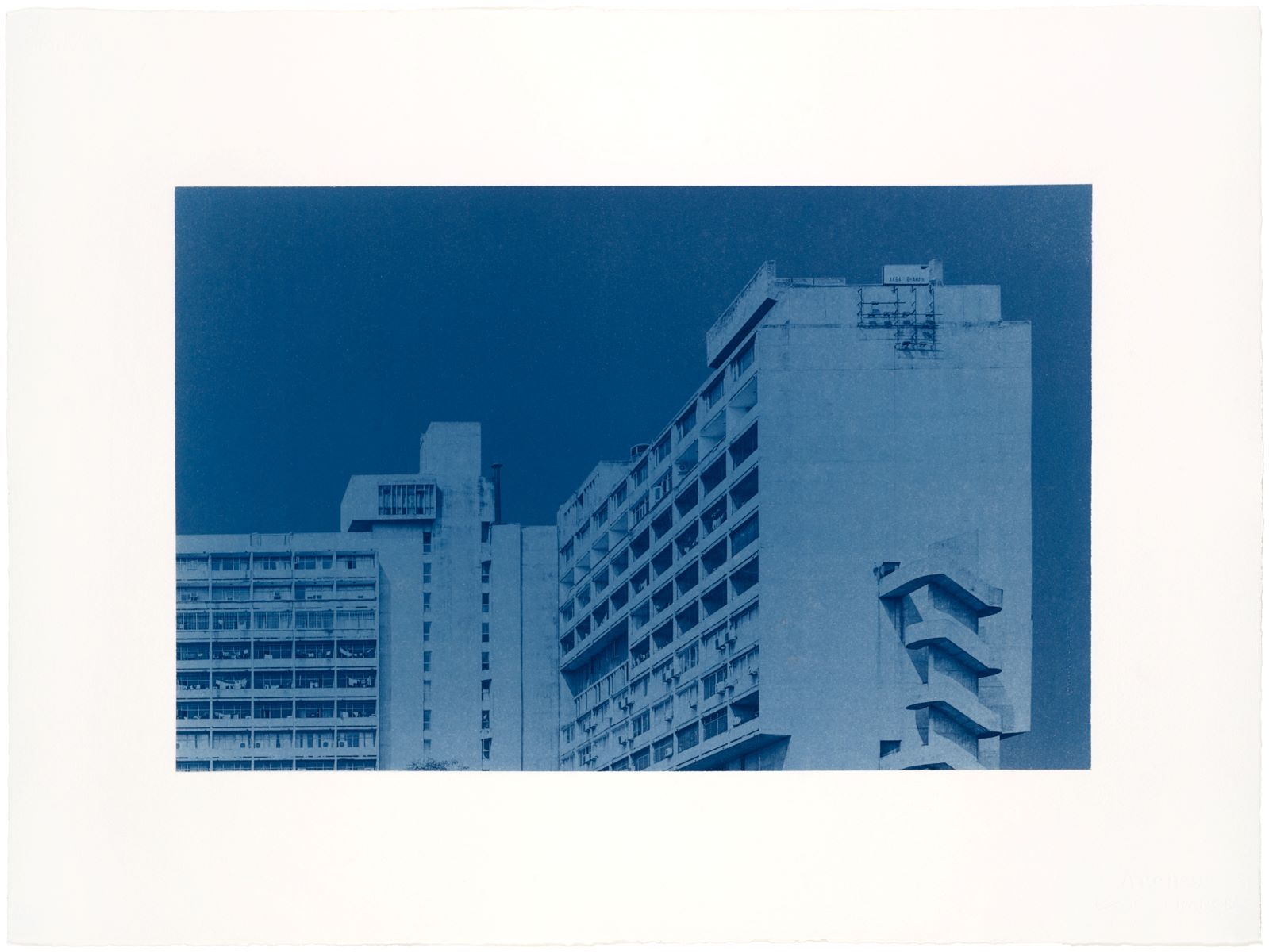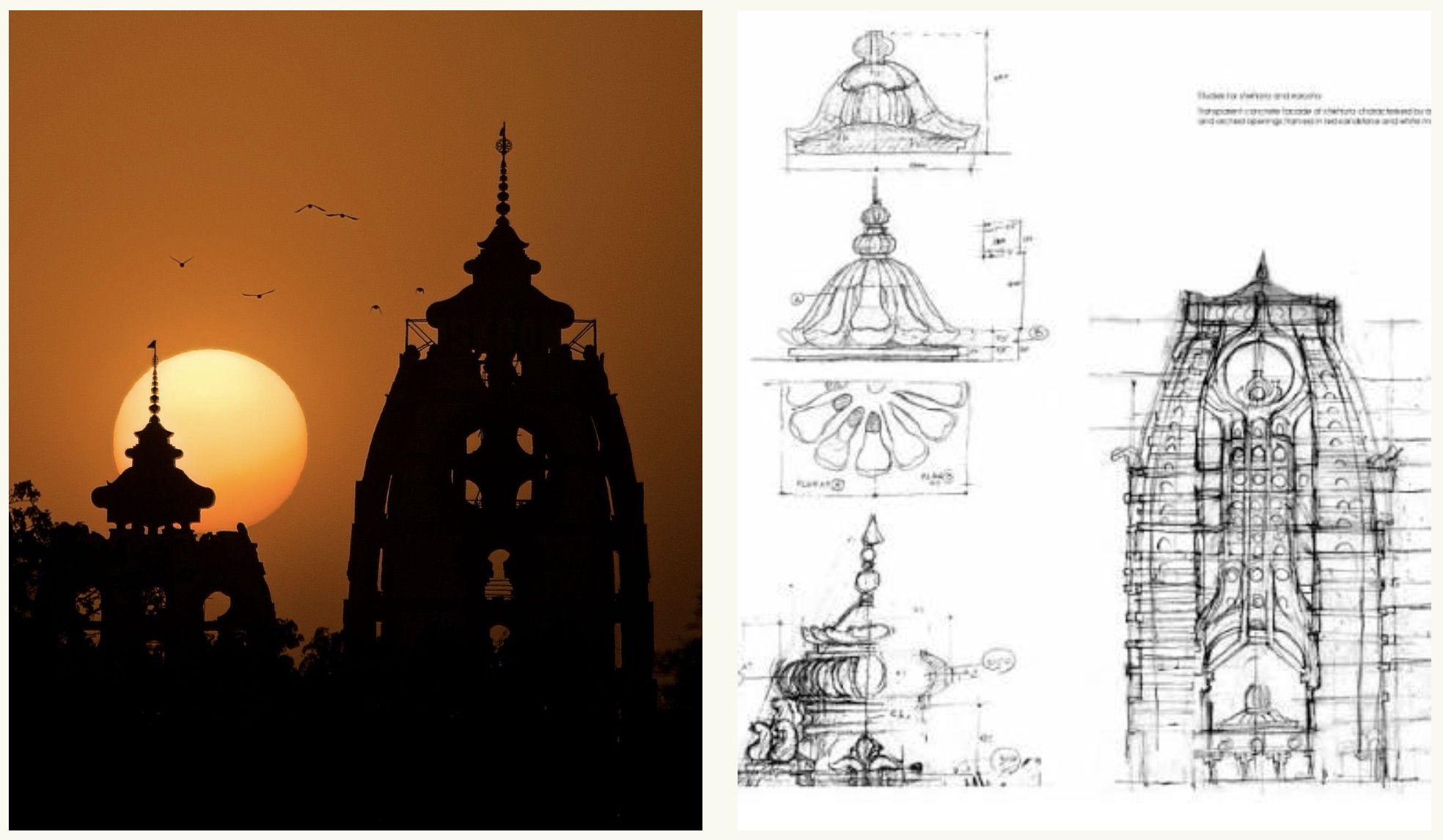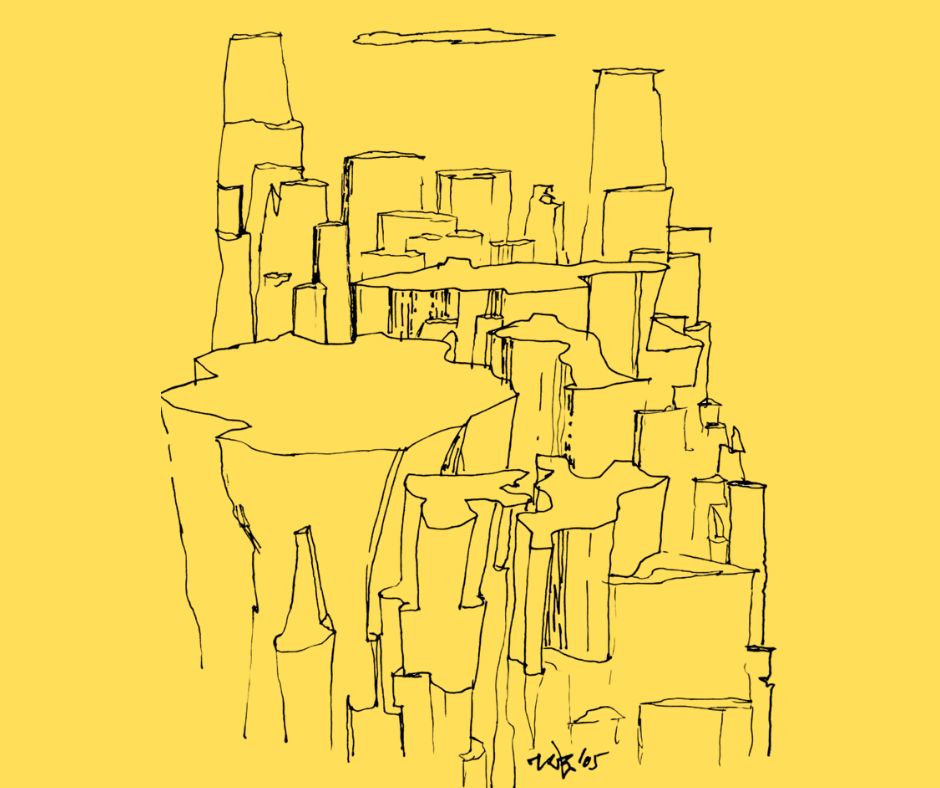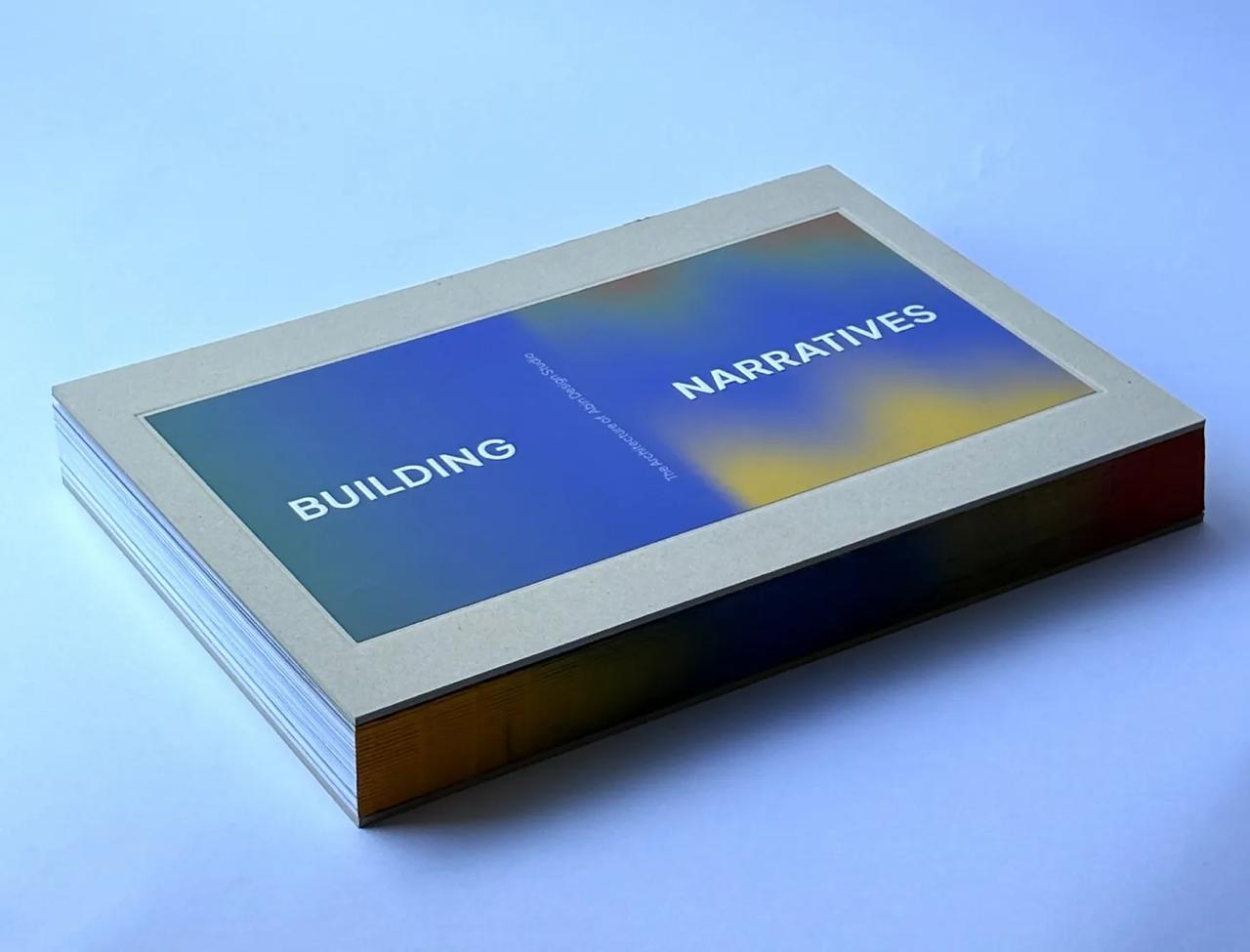
“Women in Architectural Practice: Everyday Experiences and Exercising Agency” was a 2-day National Symposium organized by the Feminist Collective in Architecture (FCA), India, a voluntary, non-profit organisation of architects, designers and students working towards gender equity and gender richness in architecture and the built environment. This one-of-its kind symposium, conducted at ATMA House, Ahmedabad on 26th and 27th March 2022, aimed at discussing various socio-cultural, professional and personal challenges that women architects face, and also to bring out the ways in which they negotiate and exercise agency to overcome challenges and take positive strides.
The Symposium was conceptualised and organised by architects and students, with a strong volunteer group of all genders. It consisted of panel sessions, poster presentations, research presentations, workshops and a photography competition. It was structured around themes that expand the conventional notions of architectural practice to include employment, academia, collaboration and mixed portfolios as effective modes of practice. Architects from Delhi to Kerala and from Gujarat to Assam talked about their experiences with honesty & truthfulness, and without the fear of judgement. The speakers and the audience merged seamlessly, where people freely shared their doubts, vulnerabilities and difficult choices.
The Symposium was a platform for lesser known women architects across the country to come together and voice out their concerns and suggestions. Repeatedly, younger women spoke of difficulties of staying in the profession along with social responsibilities like child care, especially in nuclear families. Similarly, employers expressed their concerns on hiring pregnant women or young mothers. From Shimul Javeri Kadri speaking on establishing one’s own identity to Neelakshi Mour being driven by the passion to pave a path for her sister, the speakers talked about developing one’s own mode of practice. Monolita Chatterjee and Shruti Dimri spoke of their role as leaders and the sense of responsibility that drove them to stand up for and implement gender sensitive practices. Pooja Ugrani brought to the fore gender biases in architectural academic practice, while Rajshree Rajmohan traced back the idea of a feminist practice to social rebellions in traditional Keralite society.
Collectively, these discussions addressed the experiences of women in practice and also issues of gender in the built environment, looking at women as both creators as well as users of space. It brought out how the professional space that women architects inhabit has changed over time and how certain aspects of patriarchal legacy continue to pervade this space. Women from varied geographical and cultural backgrounds and of different ages discussed the choices available to them and how they were able to or wished to exercise their agency to choose. This included interaction and respect from clients and stakeholders, dismantling gender roles, evaluating the workplace, work-life balance and working towards gender sensitivity. While certain concerns were more structural in nature and required institutional intervention to bring about a larger change, there were some suggestions of practices that can be adopted by architects and design firms to hire and retain more women in employment, and create spaces that facilitate their movement up to leadership roles. The discussions led to ideas of not only providing child care facilities and clean toilets in offices and institutions, but also on construction sites and in commercial complexes. Incidentally, the child care facility provided during the symposium drew appreciation from one and all, as it allowed young parents to participate freely, while knowing that their children were safe and happy.
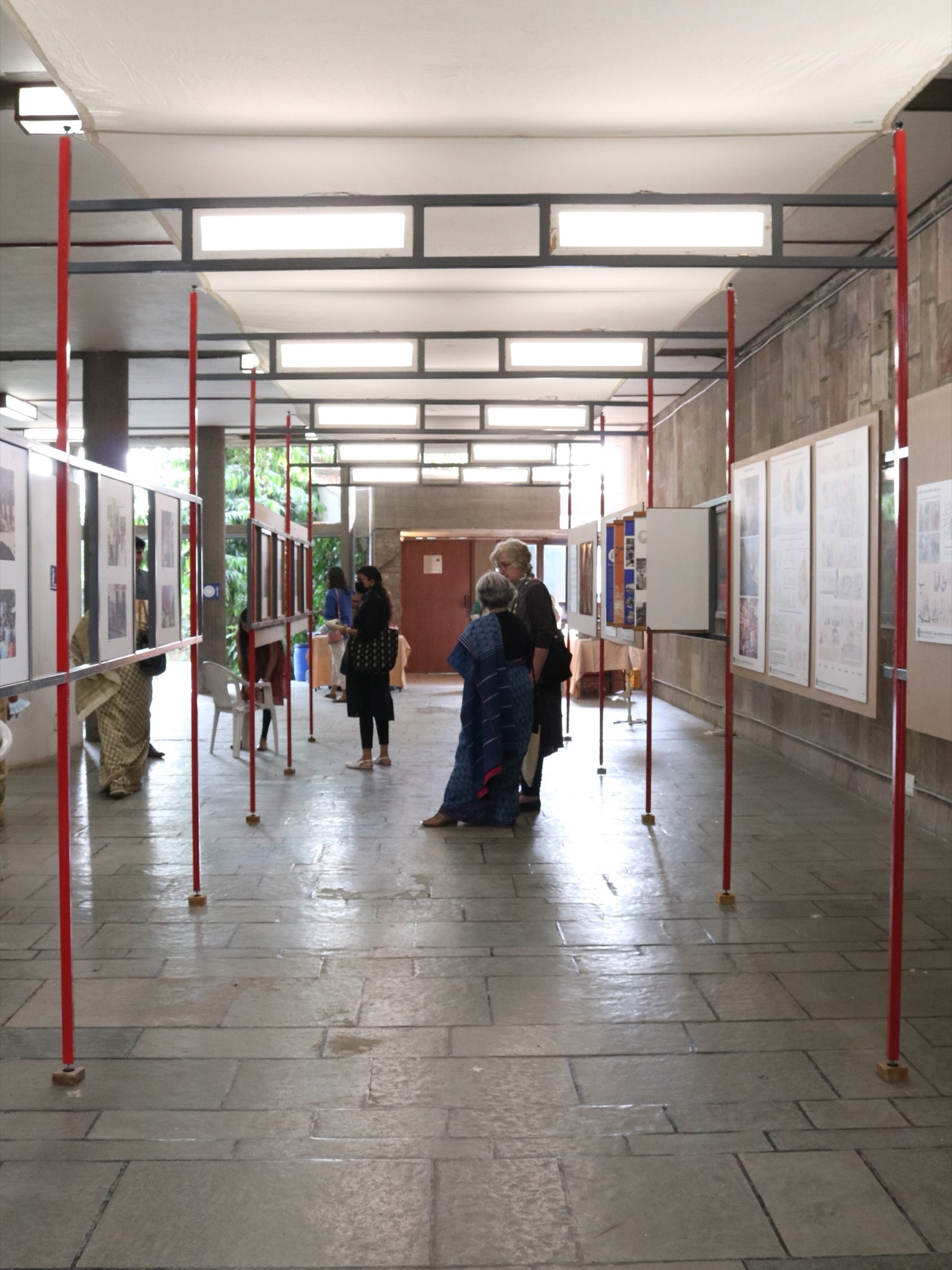
Over two days, the auditorium was transformed into a space of individual and collective reflection. While the professional space in architecture is usually inhabited competitively, this was an occasion where architects of all genders came together in a cooperative spirit, each one willing to support the other and collectively move forward. It was indeed heartwarming to see the camaraderie and warmth that developed amongst all participants.
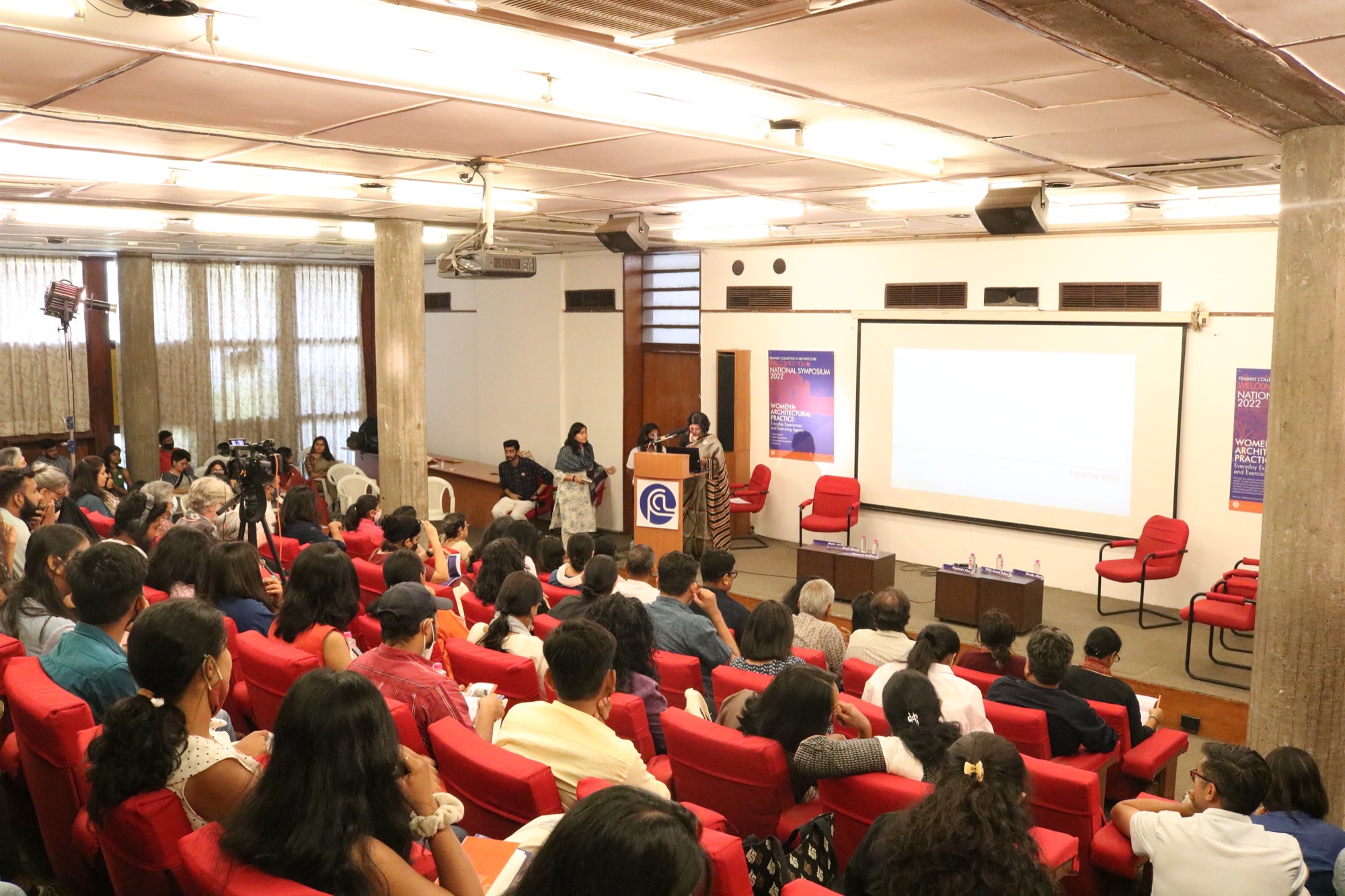
Initiated in January 2021 by a small group of architects – Madhavi Desai, Urvi Desai, Miki Desai, Himani Vinodrai and Priyanshi Pathak – FCA has now grown into a vibrant community of architects of all genders across the country. It was heartening to see a group of 40 volunteers working tirelessly for several months to make the symposium a most successful and unique experience for everybody. In future, FCA hopes to expand the reach and network of like-minded professionals who wish to work towards promoting feminist practices, perspectives and ways of producing architecture through several such activities.
To join the Collective, please log on to https://www.fca-india.org/contact,
or contact us on: Email: feministcollective.archi@gmail.com
Instagram & Facebook: @archi.feministcollective






